Modern entrepreneurs support their family by using lucrative money-making methods. Some are not on payroll, some did not pay taxes and rather earned this money in minutes.
Boosters are thieves who go into large retail stores and steal small items to resell. They sell to Bodega’s or strangers on the street. Boosters physically stand out wearing dirty clothes or carrying large bags.
Unlike Boosters who sell stolen goods for drug money, Cluthers are strategic operators aiming to become financially stable. Cluthers adopt disguises ranging from nurse scrubs to professional attire blending among crowds of customers shopping at retail stores. Despite the illicit nature of their activities, Cluthers approach theft as a means of survival, catering to a clientele dependent on their services.
Most of these individuals are homeless and suffer from some sort of mental illness.
Boosters resell their stolen items to Bodegas. Boosters steal small items like candies and packs of food. After purchasing merchandise from drug addicts Bodega’s open the same pack of candy and resell it one by one to their customers.
On the other hand, Cluthers have many clients: police officers, hair stylists, and store owners are only a small handful of clients Cluthers resell to.
Store theft is a lucrative and competitive job market. In a competitive job market, people tend to have a short supply of patience. Some individuals resort to drastic measures to support themselves and their families.
In order to become a top earner in a life of crime, Cluthers acquire specialized tools, such as neodymium ring magnets and scissors. These tools are needed to remove white security tags off items without the help of a cashier.
Several retail stores had closed down on Jamaica Avenue because of theft. Different stores had their own protocol for catching Boosters and Cluthers. Some opted to employ security personnel to deter would-be thieves.
At Dorothy’s Telco store, employees were instructed to observe suspected thieves before intervening. Only after confirming that a customer had left the premises without paying, employees were able to confront or alert others. Physical restraint of perpetrators was strictly prohibited by management directives. However, staff retained the right to contact law enforcement upon witnessing theft in progress.
“Head bosses employ teenagers to steal from retail stores because they get less of a penalty,” said Dorothy.
The recent inflation in the United states has resulted in the increase of market prices for household items. Cluthers and Boosters are reselling these items for half the price to their customers.
Dollar General is a target store for Boosters because of the easily accessible shelves and lack of discrimination towards appearance. Gena, an employee at Dollar General, had encountered Boosters who daringly told her to call the police.
“In one day, I saw the same guy come in here three different times and steal,” Gena said.
The lack of stringent local laws to penalize theft means that Cluthers and Boosters often escape with minimal repercussions from the American legal system. Employees can only call the police once they have visual proof of the customer stealing. By the time NYPD shows up the thieves have already gotten a customer for their merchandise.
Boosters are visible because of their unkempt appearance; employees can only ask questions or call the police. Some male employees at Dollar General will try to defend the store against thieves but Boosters are fixated on stealing to buy drugs. Any sort of physical restraint or deter will lead to them becoming violent towards employees.
Identifying Cluthers proved to be challenging, as they operated discreetly through established networks and managed to blend in with their disguises.
Beauty salons served as key hubs for Cluthers, attracting a clientele heavily invested in retail products, who are particularly women.
Monique, a retired Clutcher and hairstylist in Queens, New York, reflected on her daring past. Acknowledging the thrill of outmaneuvering store security.
“Some people did it for a living,” said Monique. Despite the lucrative lifestyle of a Clutcher, Monique encountered a devastating experience on one occasion.
During one of her stealing sprees, Monique was being watched by security who recognized her as a regular. Law enforcement arrived in time to arrest Monique. Her punishment was a $150 fine to complete a four-hour class, which allowed her to earn a certificate about the negatives of shoplifting. Even in retirement, she found herself occasionally succumbing to the lifestyle.
“It’s like an addiction,” said Monique.
Shanice, a 32-year-old Cluther and mother of four living in Queens, New York, preferred to steal from retail stores like Burlington, Marshalls, and Sephora. To be safe in stores, she walked with a small razor in the side of her mouth in case she needed to use it.
Upon entering the store, she searched for the items that she was planning to resell, which depended on the orders that different clients wanted. These orders could range from clothes, shoes, perfume, makeup, or handbags.
“When I see a bag that has the alarm on it, I pull out my device, take off the security tag, cut the wires, grab the bag, and walk to the back door,” said Shanice.
After stealing, Shanice went back to her clients and sold the items for half the price she stole them for at the store. The Michael Kors bag she stole at Burlington was priced at $180; she sold it back to her client for $100.
She was able to do this a few more times for the day, earning a whopping income of about $900 dollars a day.
“I’m able to pay my rent and feed my children,” said Shanice.
Organized theft has plagued retail stores in certain areas, leading to the closure of these establishments. A prevailing stigma suggests that individuals who engage in theft lack viable job opportunities.
However, many Cluthers resort to stealing to provide for their families and themselves. The allure of quick, easy, and addictive earnings from theft exacerbates the issue.


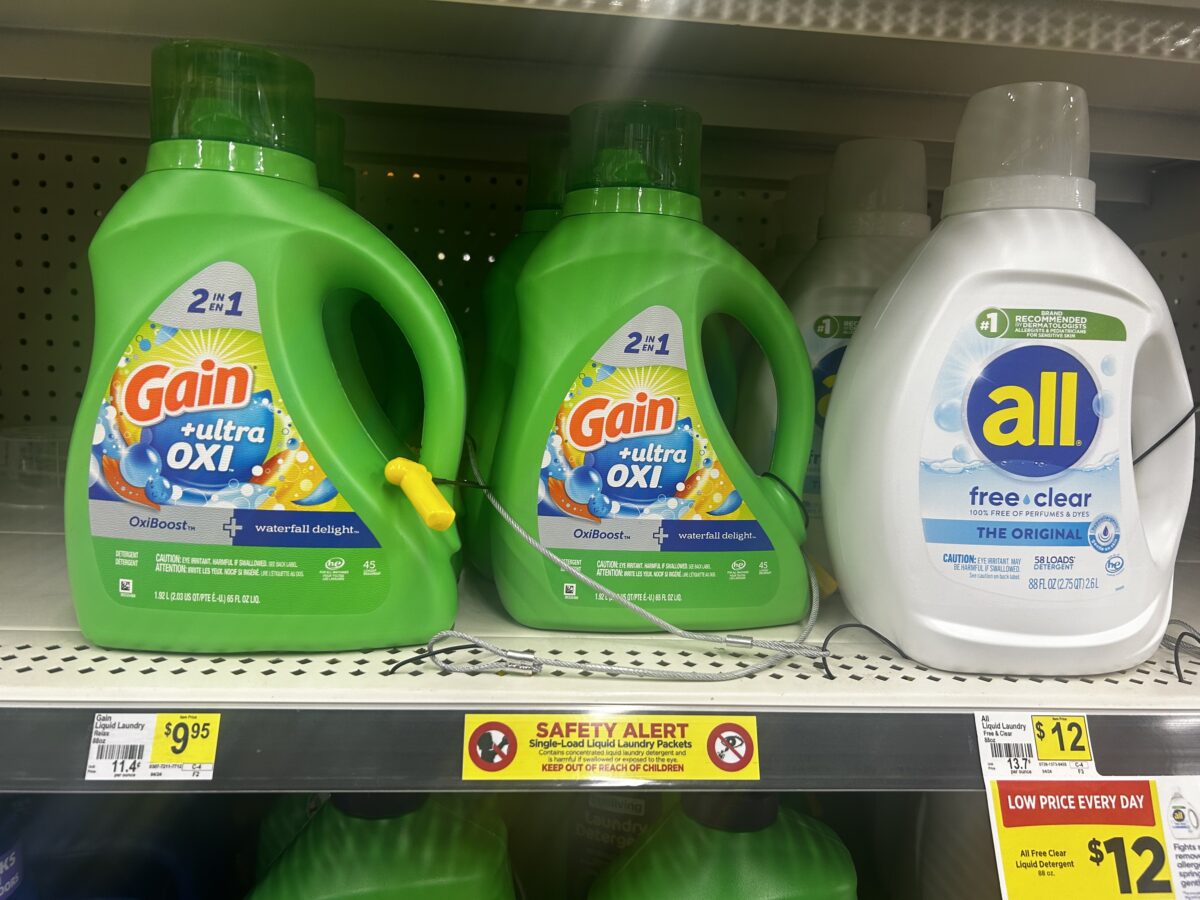
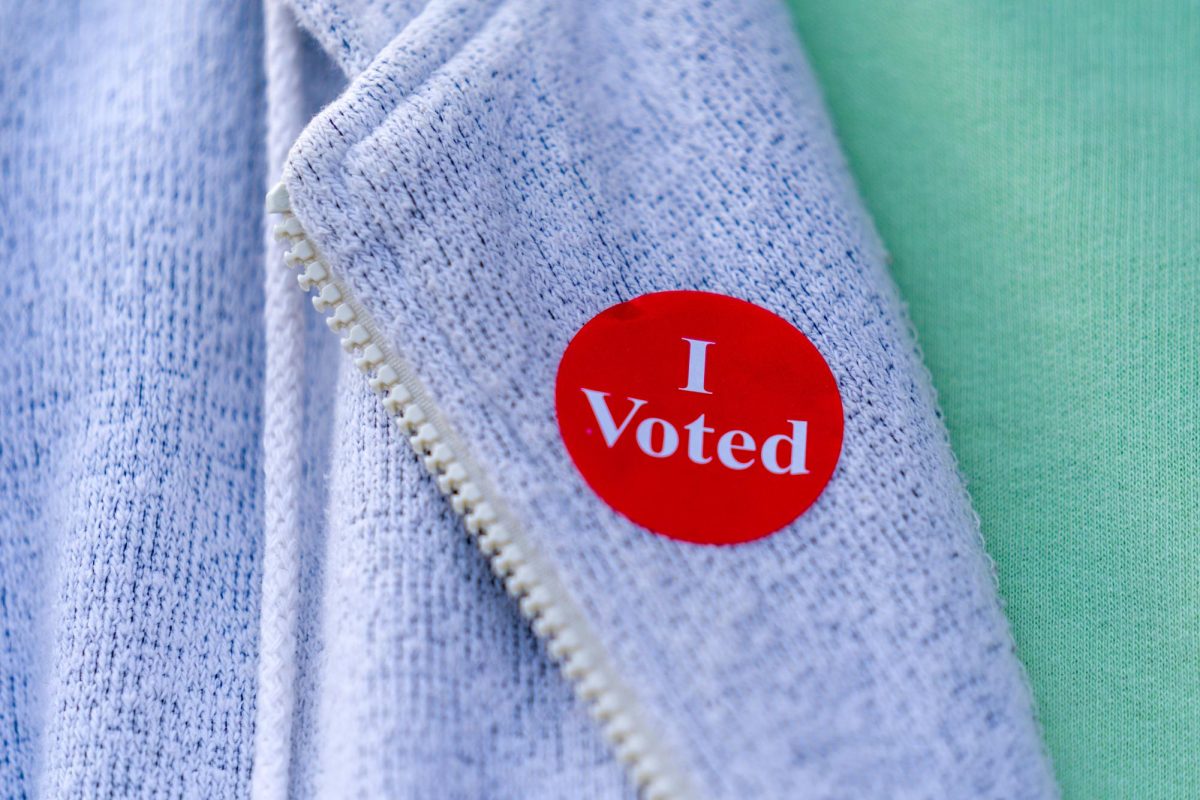
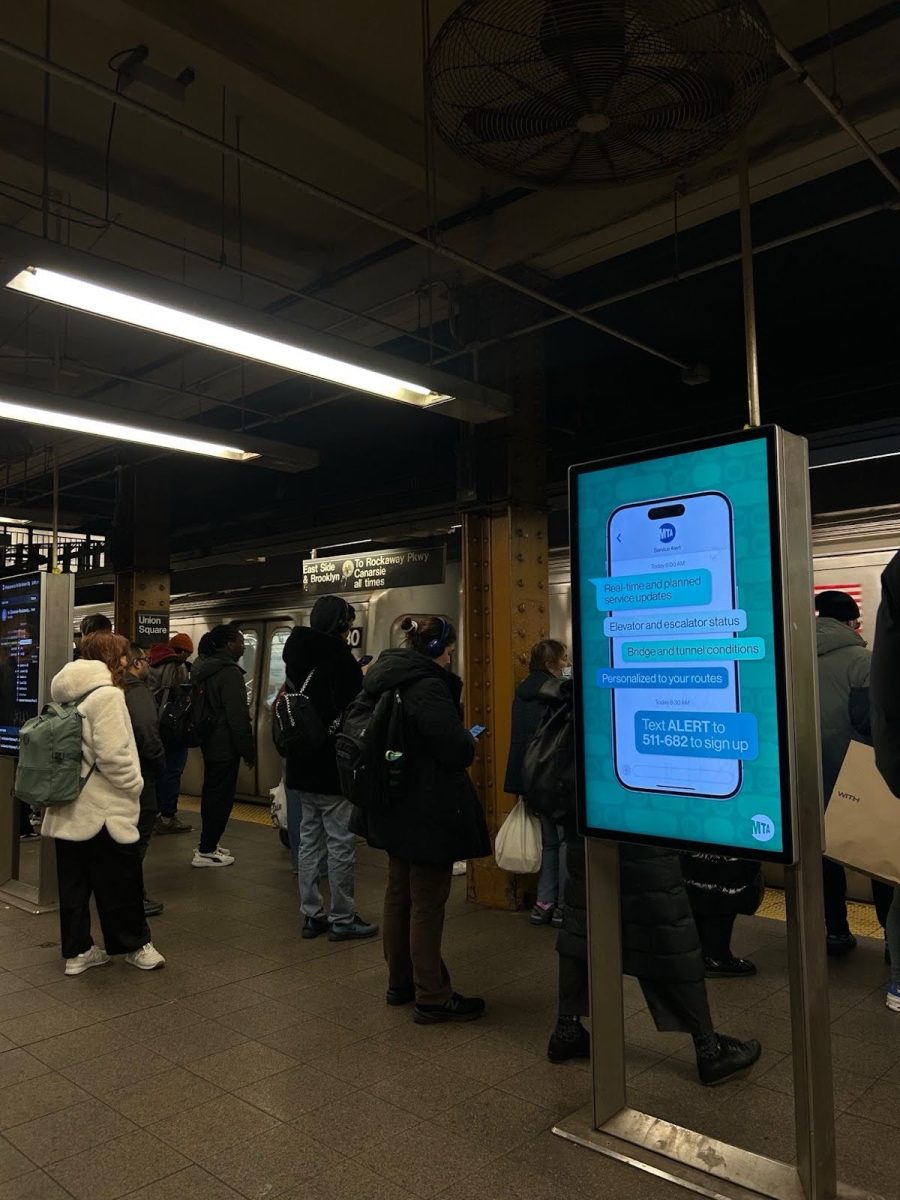

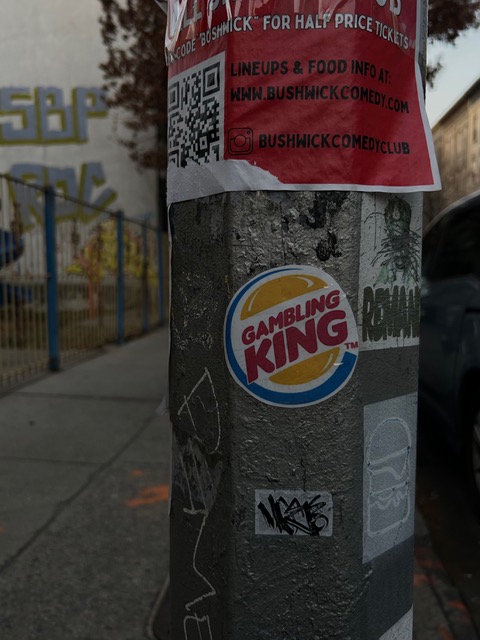

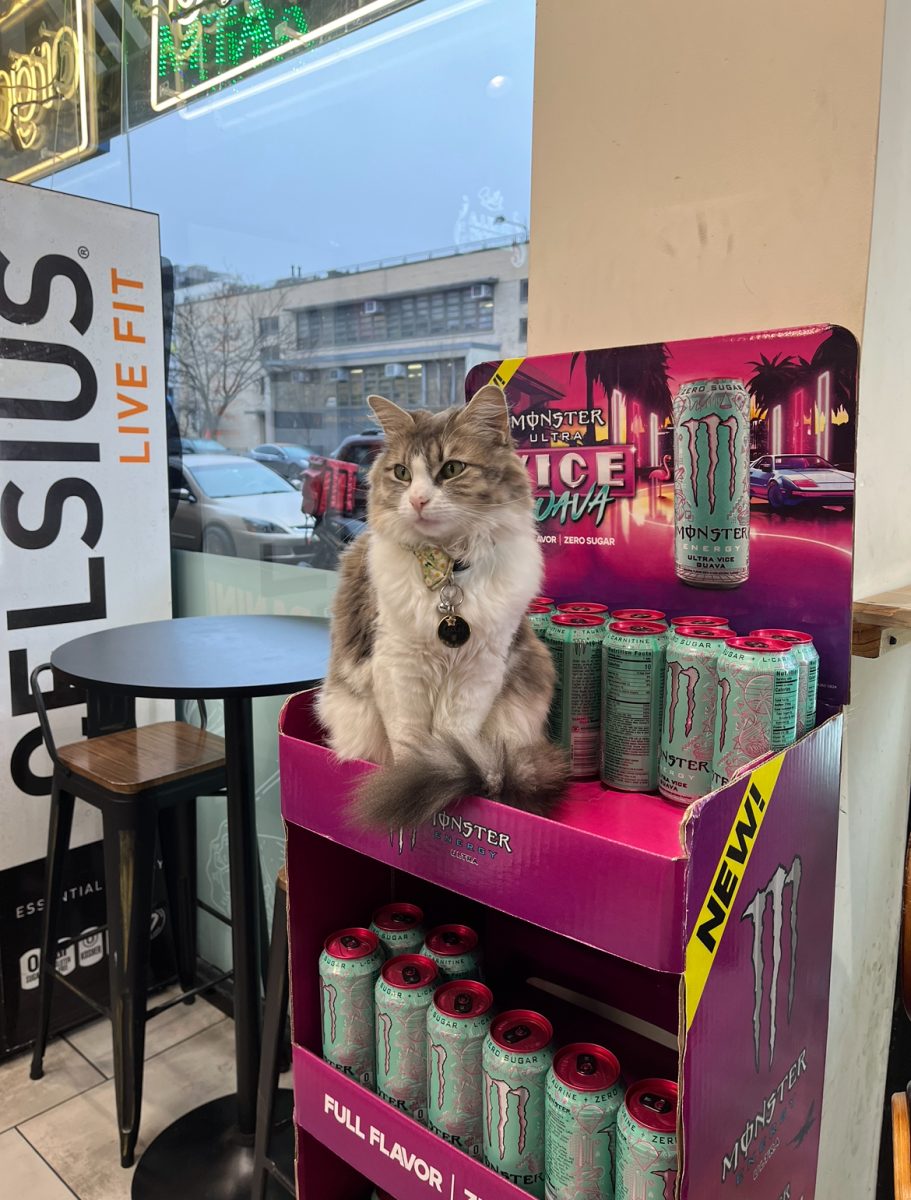
Courtney • May 24, 2024 at 8:59 pm
Very informative